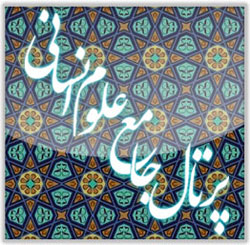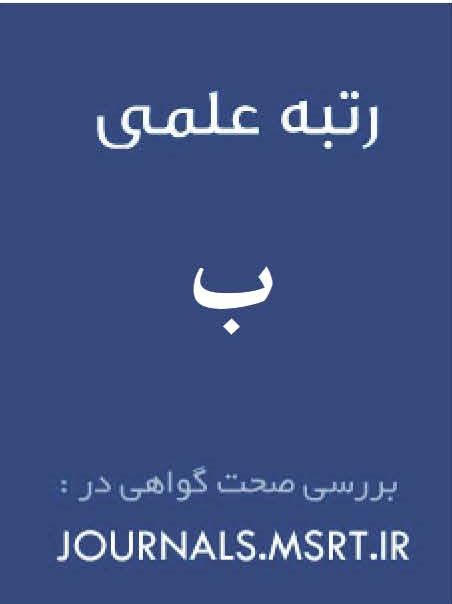Narratological Analysis of the Novel Bioton by Reza Amir-Khani Based on Gérard Genette’s Theory
Keywords:
narratology, narrative, Gérard Genette, Bioton novelAbstract
Narratology examines the structure and function of narrative. Several decades have passed since the emergence of narratology, and narratologists regard the transmission of narrative as a source of knowledge and insight, offering broad definitions of it. Narrative appears in numerous and diverse forms across all ages, locations, and societies, and is connected to all aspects of human life. Gérard Genette, a prominent French narratologist, developed his structuralist theory under the influence of structuralist schools of thought and their theorists in the twentieth century. The present article adopts an analytical-descriptive approach to explore the narratology of the novel Bioton based on Genette’s theory, with particular attention to the dimensions of time, mood, and voice. Analepsis and prolepsis are among the primary mechanisms that disrupt the chronological order and sequence in narrative. Repetition occurs in various forms—repetition of sentences, personal memories, or differences in mental, intellectual, cultural, social, and political perspectives. The narrative mood in Bioton is characterized by internal focalization.
Downloads
References
1. Hosseinzadeh V. The Discourse of the Tale of Gerardant. Tehran: Niloufar Publications, Diba Press; 2000.
2. Amirkhani R. Bioten. 5 ed. Tehran: Scientific Publications; 2008.
3. Horri A. Aspects of Representing Narrative Discourse: Stream of Consciousness and Interior Monologue. Literary Studies. 2013:25-40.
4. Genette G. Narrative Discourse: A Treatise on the Method of Analysis. Tehran: Mehr Andish, Qashqai Press; 2010.
5. Mirsadeghi J. Point of View in Story. 2 ed. Tehran: Merat; 2012.
6. Manfardian. Narratology (Fundamentals of Narration Theory). Tehran: Qognoos Publications; 2010.
7. Horri A. Narrative Studies: A Reader's Guide to Narrative Theory. 1 ed. Tehran: Science and Culture of Inscription Publications; 2010.
8. Horri A. The Art of Storytelling. 10 ed. Tehran: Negah; 2008.
9. Tyson L. Theories of Contemporary Literary Criticism. Tehran: Negah Emroz; 2008.
10. Zirak S. The Interpersonal Narrative Connection. 1 ed. Tehran: Moli; 2001.
11. Eagleton T. An Introduction to Literary Theory. Tehran: Markaz; 2009.
Downloads
Published
Submitted
Revised
Accepted
Issue
Section
License
Copyright (c) 2025 رضا زنداور (نویسنده); رقیه صدرایی; مریم برزگر (نویسنده)

This work is licensed under a Creative Commons Attribution-NonCommercial 4.0 International License.








